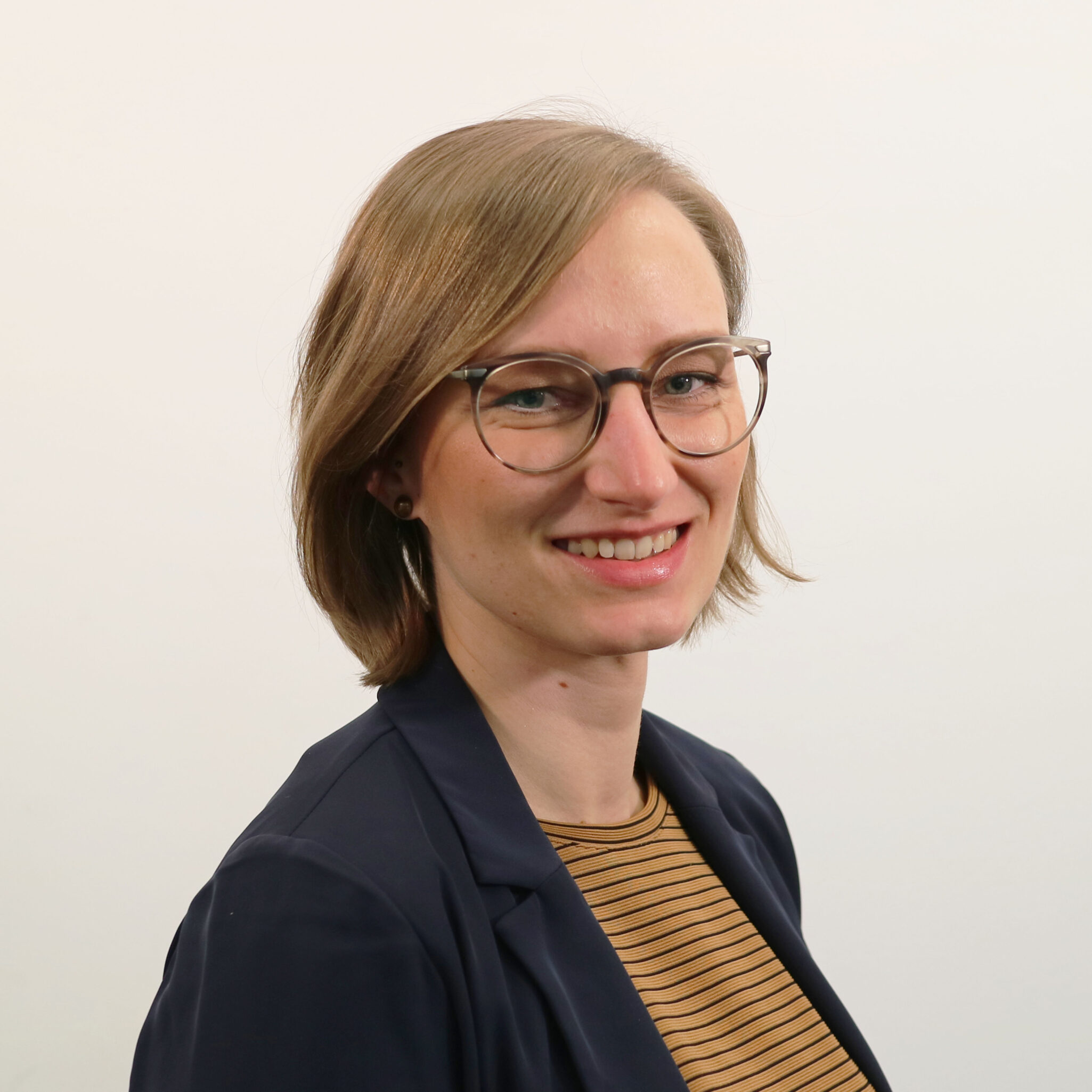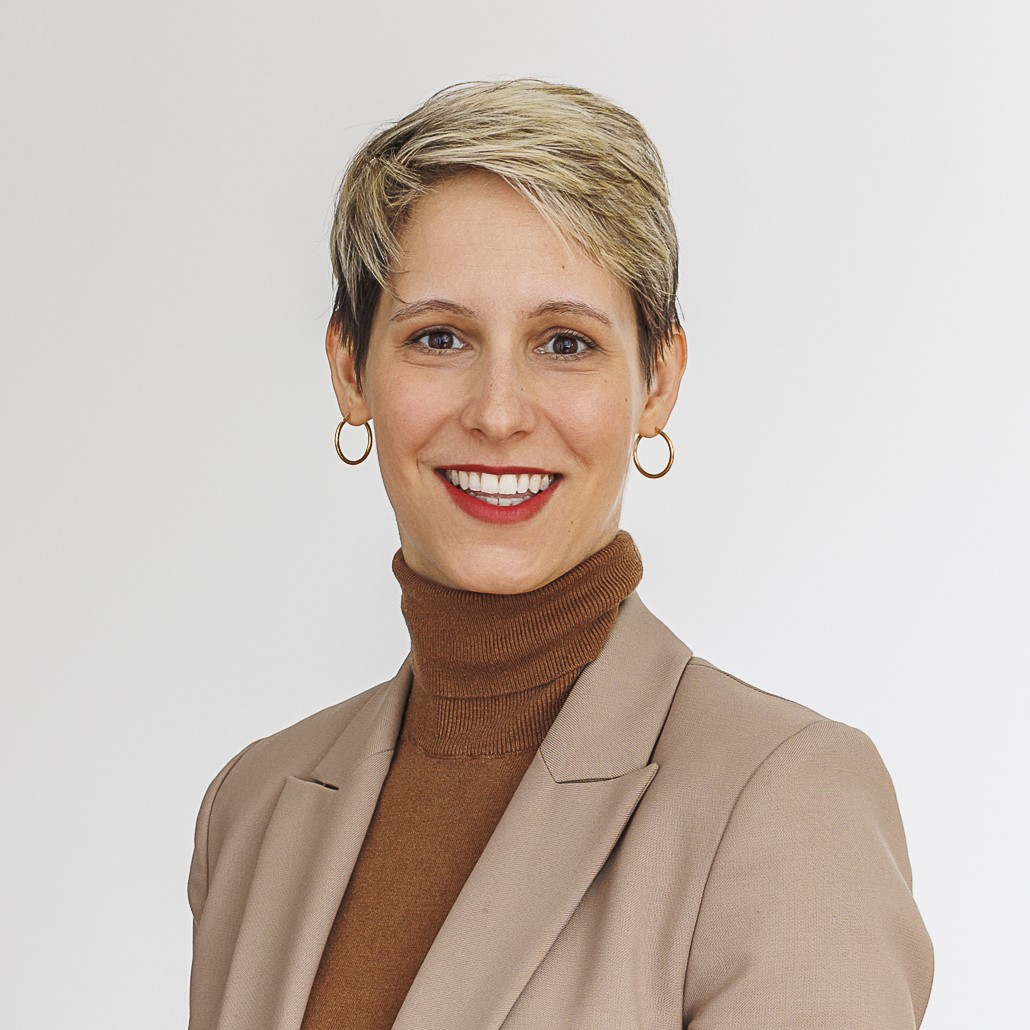On 31 March 2023, IKEM hosted an interdisciplinary online workshop on the decarbonization of Baltic Sea shipping and the use of alternative fuels in the Baltic Sea region with experts from science and practice. The discussion particularly focused on legal options for the establishment of ammonia as a maritime fuel in the region.
Dr. Kate McKenzie, the Managing Director of the Institute for Climate Protection, Energy and Mobility (IKEM), reminded participants of the major challenges the Baltic Sea region faces: “While maritime transport plays a crucial role for the European Union economy and is one of the most energy-efficient modes of transport, it is also a large and growing source of greenhouse gas emissions. To remain within the Paris Agreement’s long-term temperature goals, the shipping industry must work quickly to eliminate these emissions. In order to successfully transform the shipping sector, alternatives to fossil fuels available on a commercial scale, along with the necessary infrastructure, will be needed.”
Mariana Moreno Kuhnke, scientific researcher at IKEM, added: “The Baltic Sea region has the potential to lead by example being the first sea with climate-friendly shipping. IKEM is dedicated to supporting the region on this path, e.g. by identifying the provisions of the European Union and German legal frameworks that need to be adapted or amended to be able to foster the adoption of alternative fuels.”
The online workshop was held within the Green Baltic Cruising project, in which IKEM examines how green ammonia can be established as a fuel for ferries and cruise ships in the Baltic Sea region. Therefore, the event started off with an introduction to IKEM’s current research efforts in this field from Judith Schäfer, Head of IKEM´s law department.
Thomas Biebig, Head of Port Strategy and Business Development at ROSTOCK PORT GmbH, took the floor next to give an insight on the preparations Rostock Port is working on for the bunkering of green ammonia and on the first hazard identification (HAZID) Workshop for possible bunkering scenarios that Rostock Port conducted with the support of the DNV. His presentation was followed by Szilvia Haide, Project Manager at Flexens (Flexible Energy Solutions), laying out the different alternative fuels that are currently available, the timeline for their adoption and the general barriers to their adoption, like the high costs and the lack of fuel availability for the use in shipping.
IKEM´s legal experts Mariana Moreno Kuhnke, Thomas Painter und Friederike Allolio, continued by providing deeper insights on the current international, European and German legal and political framework and on the obstacles that hold back ambitions to implement green ammonia technologies for low-emission maritime mobility in the Baltic Sea region, such as the difficulty of obtaining approval for an ammonia-fueled vessel at international level or the current configuration of the energy tax at European and German level. These allow certain fossil fuels used in shipping to fall out of the energy tax obligations.
Lastly, Asbjørn Torvanger, Senior Researcher at CICERO, presented his research on hydrogen for shipping in Norway and the Baltic Sea Region. “The solution is not going to be one and the same alternative fuel for all applications. We must use the existing resources wisely and make sure we implement the different alternatives there where their use is more efficient. Only in this way we are going to be able to avoid or minimize conflicts between the different sectors of the economy and the different applications of alternative fuels.”
The presentations kicked off a lively discussion, in which the participants shared different positions on ammonia as fuel for shipping, some of the different existing alternatives that shipping can make use of to achieve decarbonization and the pros and cons of these alternatives.




